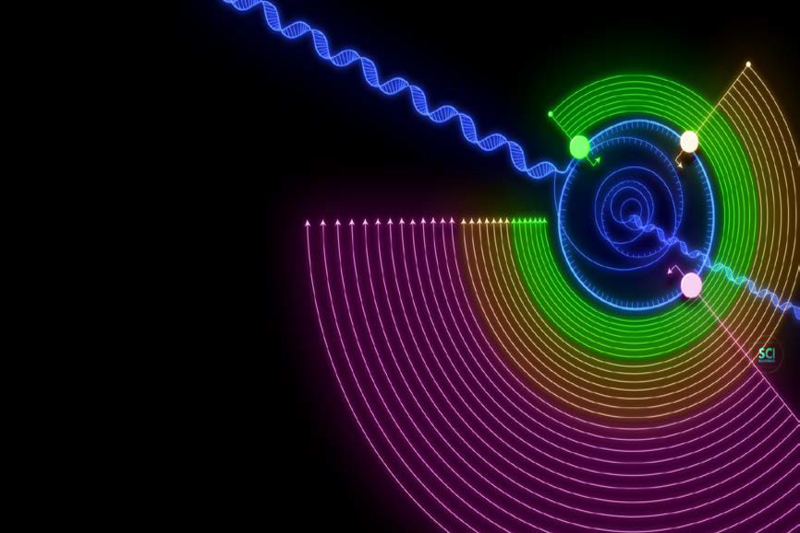
A discovery on the alterations in gene activation of human cancers has been made by scientists from the Agency for Science, Technology and Research (A*STAR)’s Genome Institute of Singapore (GIS).
They have found that these gene alterations take place on a large-scale, where one gene starts from different locations and creates alternate gene products.
This discovery will be pivotal for cancer detection methods, where these gene alterations can detect new biomarkers for projecting the survival rate of a cancer patient and for identifying potential patients for treatments.
To gain a better understanding of these terms and what this all means:
Human genomes contain all our genes. In these genomes, an area called the promoter controls where a gene starts. Its function is akin to a switch, where it “switches on” genes in a genome.
Various genes have more than one promoter which will result in the existence of different functions from the same gene.
Cancer researchers had previously lacked such knowledge on alternating genes and of how their various promoters result in different clinical behaviours of cancer patients.
This prompted them to create a specialised software known as proActiv for identifying activated promoters across genomes. This software was administered to public data of over 18,000 cancer samples through which they found out that the promoters in cancer genes are usually different from those of non-cancer ones.
They also discovered specific activated promoters which are connected to the survival rate of cancer patients and which will serve as a new type of biomarkers.
Dr Andrew Futreal Department Chair of Genomic Medicine at MD Anderson Cancer Center said that this discovery shows that the use of alternate promoters is typical for many forms of cancer.
“These findings will inspire more research into what controls this switching, and how we can use this information to improve outcomes for cancer patients,” he said.
A*STAR has also made other discoveries in the field of cancer treatments.
Scientists from A*STAR’s Institute of Bioengineering and Nanotechnology (IBN) had discovered an advanced nanocarrier for delivering anti-cancer drugs in the desired manner.
They created a compatible nanocarrier, which is derived from green tea catechins, for the anti-cancer drug for kidney cancer, Sunitinib (SU).
Green tea contains an antioxidant known as epigallocatechin-3-O-gallate (EGCG) which can stop cancer when administered in large doses.
This greatly improved the performance of the anti-cancer drug during experiments for hindering the growth and spread of tumours, while significantly reducing the levels of toxicity which are typical of the treatment procedures.
- Low-drug loading capacities
Nanocarriers usually have a low drug-loading capacity. This will result in the need for increasing the dosage or the rate of administering the drugs to meet the intended treatment results. The potential harms as a result of this are the rise in toxicity levels and other side effects.
- Elevating drug-loading runs
This will result in the instability of the nanocarrier and thus resulting in low efficiency and affect toxicity levels as well.
To avoid the above scenarios, the nanocarriers were developed with essential therapeutic properties, supplementing the anti-cancer drug’s efficiency and reducing the importance of the drug-to-carrier ratio.
















